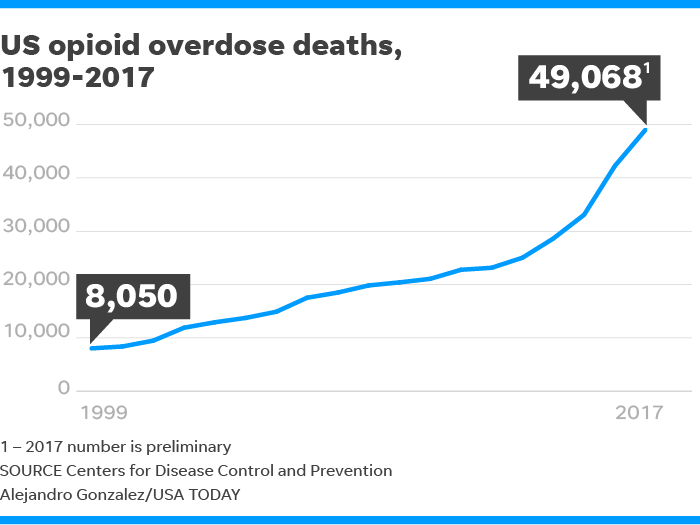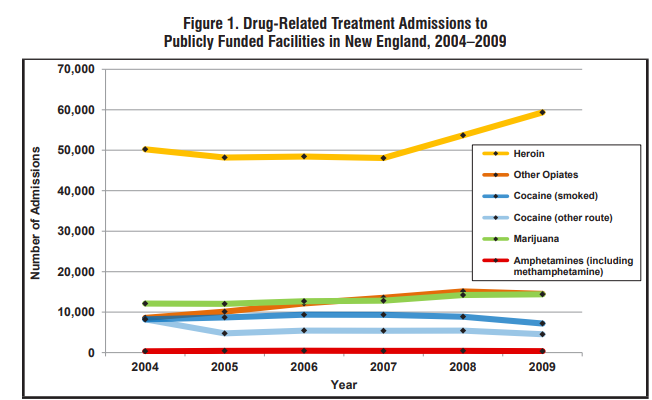The Greatest Guide To What Is The First Step Of Drug Addiction Treatment
We are devoted to treating you with self-respect and respect throughout your rehab, ensuring this hard experience remains favorable and efficient. RCA's inpatient and outpatient treatment programs supply private, customized care. If you enter into treatment, you will work closely with a tailored team of highly credentialed professionalsincluding masters-level physicians, nurses, therapists, clinicians, counselors, and nutritionistswho offer constant care 24 hr a day, 7 days a week.
When your dependency bypasses other concerns in your life, such as work, school, or relationships, rehabilitation and treatment is needed to stop the cycle of substance abuse. Additionally, any regular use or symptoms of dependence need to be dealt with extremely seriously, as these signs are often a sign of early-stage drug dependency.
Any attempts to deal with a drug dependency alone or without appropriate medical oversight is unsafe and typically inadequate. So if you know you are experiencing dependency, please let Healing Centers of America help. Based on research from the National Institute on Drug Abuse (NIDA), individuals who dedicate to a 90-day track of treatment have the highest possibility of remaining sober after treatment has concluded.
If you're wondering whether it's the right time for drug rehab, call 1-800-RECOVERY and our care advocates can offer more info about treatment timelines. During the preliminary drug detox period, which lasts anywhere from 4-7 days, family members are given restricted visitation access and are needed to have a therapist present.
Throughout a patient's stay, Recovery Centers of America motivates families to be onsite to take part in household education and deal with a therapist either as a group or individually. We suggest having an honest discussion with your kids about getting in into drug rehab treatment. If you are not sure about how to talk about treatment with your family, Recovery Centers of America has on-staff interventionists and therapists who can guide you through the process of communicating with your kids and member of the family.
Healing Centers of America does not recommend non-medicated or self-medicated cleansing in the house for this factor. Our trained clinical personnel medicates clients appropriately and follows a customized routine for expert and safe detoxification. Healing Centers of America is dedicated to supplying treatment to as many patients as possible which is why our facilities are in-network with the majority of insurance providers.
The Ultimate Guide To An Agonist Treatment For Addiction Would Do What
Additionally, we assist in payment strategies to households requiring help with out-of-pocket expenditures, which normally total up to no greater than $2,500. To date, Healing Centers of America has provided over $4.5 million in scholarships to clients who required monetary help. We will do everything we can to guarantee financial resources https://freedom-clinic-spring-hill.business.site/posts/5124389260814918010 do not avoid you from receiving drug dependency treatment.
People who get in into treatment are safeguarded under the Americans With Disabilities Act (ADA), and certifying workers are likewise approved 12 weeks of unsettled leave from a task through the Family Medical Leave Act (FMLA). Recovery Centers of America has specialized individuals on staff who work with patients and companies to make sure task security throughout and after treatment.
No, Healing Centers of America is governed by HIPAA and the federal law 42 CFR to preserve confidentiality and client privacy. In the states RCA runs, there are rigorous laws that prevent team member from releasing any details without the written approval of the patient. For that reason, drug rehabilitation and treatment will not show up on your background check.
Healing Centers of America is governed by HIPAA and abides by federal law 42 CFR, and is required to keep patient information confidential and personal. We will not disclose your participation in drug rehabilitation treatment to law enforcement or any other 3rd party without your approval. There is no "incorrect" way to go about rehab.
Our group of certified medical experts and therapists will tailor a treatment plan to fit your customized requirements. Ultimately, what you put into your drug dependency treatment is what you will get back out of it. At Recovery Centers of America, we're dedicated to dealing with you on a specific level to assist you succeed.
During 2000, almost 300,000 individuals entered dependency treatment services in New york city State. On any given day, about 110,000 individuals are enrolled in New york city State programs, which offer treatment for chemical abuse or chemical dependence. What does it imply to be in treatment? Does treatment work? Regrettably, wide misunderstandings exist relating to the nature and efficiency of treatment for alcohol, opiates, drug, stimulants, nicotine, or other compounds which people abuse.
The 30-Second Trick For Where People Get Addiction Treatment
Like numerous health and human service fields, chemical dependence service delivery is constantly progressing in reaction to new research study and advances in practice. Recent scientific evidence finds that: Chemical addiction is a brain disease. Chronic direct exposure to alcohol and/or drugs alters the brain in basic and long lasting ways. Chemical reliance is a chronic, relapsing illness that needs changes in habits for the individual.

Dependency treatment is as reliable in lowering the signs of the disease as are most treatments for heart disease, asthma and https://mental-health-rehab-greenville.business.site/posts/5101674984183928807 diabetes. Chemically reliant individuals abide by their treatment as often as those experiencing other chronic relapsing illness, which need the private to make irreversible modifications in their behaviors - what is the treatment for drug addictaion.
Treatment outcome evaluations are demonstrating which treatment techniques make the most distinction in developing and keeping the gains of effective treatment for customers with addictions, and under what scenarios and for which populations those methods are most efficient. In its November 2001 essay,, the National Institute of Drug Abuse (NIDA) summarized the findings of a number of research studies and indicated that drug treatment lowered substance abuse by 40 to 60 percent.
Treatment significantly enhanced employment possibilities, with gains of as much as 40 percent according to NIDA. They concluded that, "Treatment of dependency is as effective as treatment of other chronic diseases such as diabetes, high blood pressure and asthma." The evolution in chemical dependence services can be discovered both in the style and organization of services and in the language explaining the illness and its treatment.

Each had discrete methods of describing their disorders and services. Nevertheless, during the previous 10 years, the alcoholism and compound abuse systems have functionally merged, recognizing that lots of persons who abuse drugs likewise abuse alcohol. Programs now can serve the individual's alcohol and drug issues more comprehensively. Slowly, terms like alcohol abuse, alcohol addiction, substance abuse, and substance abuse are being changed by the terms, dependency, chemical abuse and chemical reliance.
In addition, program services are starting to show brand-new models of service. Treatment designs for females with kids, specialized services for high-risk adolescents, and treatment programs for individuals with both chemical reliance and mental disorder are beginning to emerge in greater numbers. Similarly, avoidance practice in New York State is being changed by science and, as a result, public funds now support just evidence-based programs that have actually been proven by research study to work.
The Facts About Tn Involuntary Addiction Treatment How To Uncovered
Particularly, some people are offered toxicology screenings, for which a favorable result might result in referrals for treatment. Some examples consist of blood alcohol tests administered to inebriated chauffeurs, urine screenings needed as conditions of work (e.g., pilots and interstate truckers) and toxicology screenings needed of candidates for public welfare. A favorable outcome on a toxicology screen might lead to an official evaluation of the individual's chemical abuse problem by a trained specialist.
